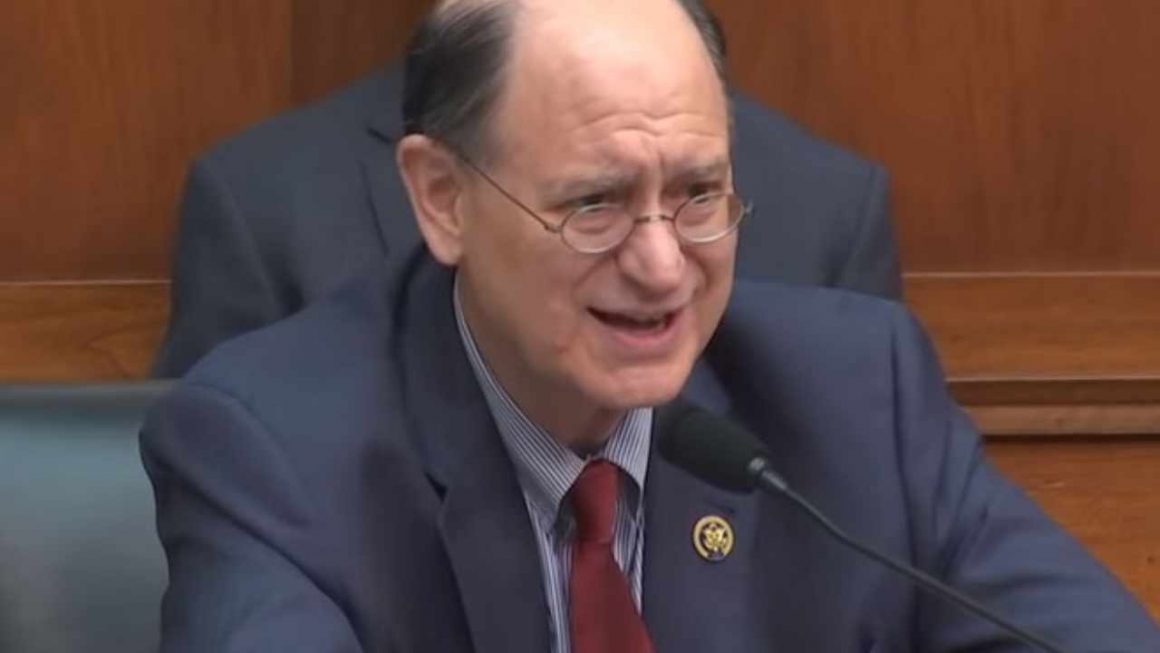U.S. Representative Brad Sherman says Congress has not banned crypto.” Because there is too much money and power behind it.” He elaborated.” Money for lobbying and money for campaign contributions works, or people wouldn’t do it, and that is why we are not banning crypto.”
U.S. Lawmaker on Regulation and Why Congress Won’t Ban Crypto
Rep. Brad Sherman (D-CA) offered his views on cryptocurrencies and their regulation in an interview with the Los Angeles Times published Sunday.
The California U.S. congressman, who chairs the House Subcommittee on Investor Protection, wants to outlaw cryptocurrencies, but does not believe Congress will take such action.” I don’t think we’re going to (ban crypto) anytime soon,” he told the news outlet.
“Money for lobbying and money for campaign contributions works, or people wouldn’t do it, and that’s why we’re not banning crypto,” Sherman explained, elaborating.
We didn’t ban it in the beginning because we didn’t realize it was important, and we didn’t ban it now because there is too much money and power behind it.
The Congressman is not only concerned about individual investors being defrauded, but he also sees cryptocurrencies as a threat to U.S. national security. He believes crypto poses a systemic threat, enabling criminals and undermining the dominance of the U.S. dollar.
The congressman is particularly concerned about crypto-mixed services such as Tornado Cash; in August, the U.S. Treasury Department’s Office of Foreign Assets Control (OFAC) banned the mixer, alleging that it helped North Korean hackers such as the hacking syndicate known as the Lazarus Group. banned ethereum mixing applications.
Sherman admitted that there is little that can be done to stop investors from spending money recklessly.” In a country where people want to bet [on meme coins], it’s hard to run a subcommittee dedicated to investor protection,” the U.S. congressman opined, arguing that.
Cryptocurrencies are memes you invest in, hoping that you can sell it to someone else before it crashes. That’s the beauty of Ponzi schemes.
Sherman went on to discuss the regulation of crypto, which is not prohibited. Comparing crypto to stocks and securities, he believes the Securities and Exchange Commission (SEC) should oversee the crypto sector, citing the regulator’s size, expertise, and aggressive enforcement measures.
However, three bills have been introduced in Congress this year to make the Commodity Futures Trading Commission (CFTC) the primary regulator of the crypto industry.
In July, Sherman urged the SEC to pursue major crypto exchanges that tradeXRP. The Securities and Exchange Commission announced in January that it had taken 97 crypto-related enforcement actions; in May, the regulator said it had nearly doubled the size of its crypto enforcement division.
Image credits: Shutterstock, Pixabay, Wiki Commons

